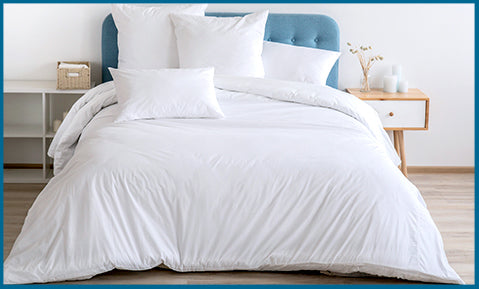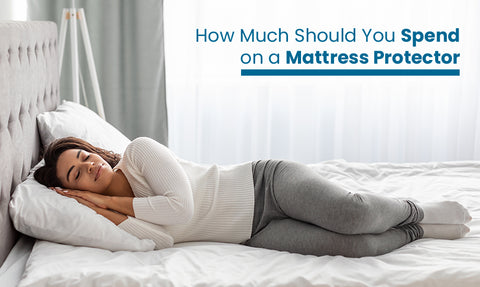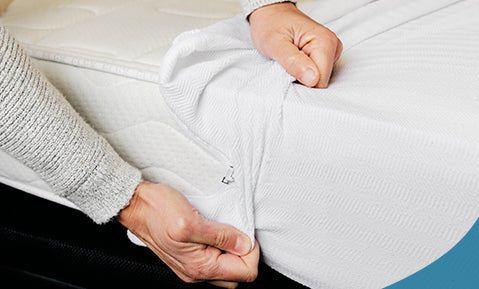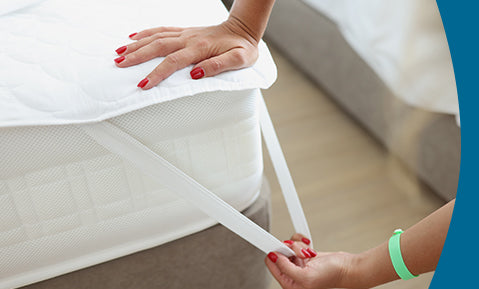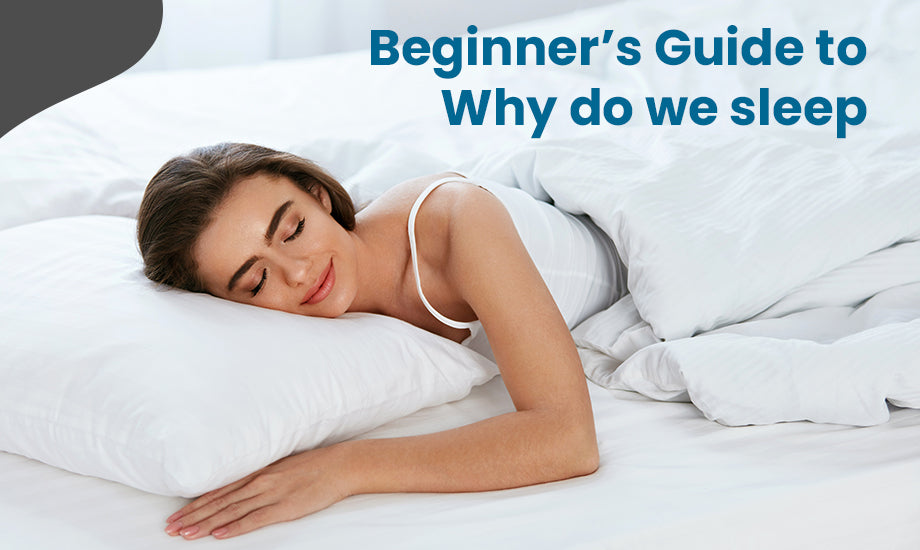
In school when students are introduced to the subject of science, it opens gates to the mysterious world of the human body. It helps you unlock several secrets. One of the most important it teaches us is that our body requires seven to eight hours of sleep every day to function properly. But why is that? And why do we even sleep in the first place? Even before knowing this fact, we slept regularly, so what is the science behind sleep?
Not just humans, but even animals are also seen to sleep. There have been several pieces of research conducted on this topic by scientists. And, they have some of the possible reasons behind the science of sleep. These pieces of research have helped us understand the process and evolution of sleep better over the years. Let us look at a few of the reasons why we sleep.
Inactivity:
If we go back to ancient times even before the discovery of the process of creating fire. All activities came to a halt after dark, so idleness evolved into sleep. That could also be seen as a measure of staying out of harm’s way. When we are motionless that protects us from falling prey to other animals that are up above us in the food chain. But this theory is not an accurate one when seen from the angle of one’s safety. Because in situations of danger one will remain safer if they stay awake and are active enough to sense the approaching danger. Hence, inactivity could be one of the elements behind the evolution of sleep.
Conservation of Energy
Everything needs to rest once in a while even the machines malfunction when they run for a long time. Humans also need an ample amount of rest to function properly in their daily lives. But here, conservation throws a different light, conservation is mainly necessary when you are running low on food resources, hence sleeping helps in the conservation of energy. It helps in preserving the body’s energy. The conservation theory is very much connected to the inactivity theory. As mentioned before, due to the lack of light hunting for food used to be difficult humans used that period to stay idle and in turn that resulted in conserving their energy.
Restorative Theory
Another usefulness of sleep that we learn in school is that sleep helps in restoring or rejuvenate our body. Lack of sleep has been seen to affect our immune system evidently, whereas sleep helps in healing our body by promoting growth and immunity. Sleep gives our body much-needed favourable conditions to rejuvenate itself. According to studies, people deprived of sleep for a long-time lose their immune functioning abilities and die in just some weeks. Also, when we are up and awake our cells produce a substance called adenosine. The whole time when our body is awake it keeps on producing adenosine, once we fall asleep the body gets its chance to clear the adenosine. It is said that the accumulation of adenosine is what makes us feel tired. So, when the body gets rid of this byproduct of cells, we feel refreshed again on waking up.
Brain Plasticity Theory
The brain controls everything in our body, even when we are asleep it can keep processing information and memories helping us learn things. Sleep along with the REM [Rapid Eye Movement] cycle helps us learn and make new connections even when we are asleep. Rapid eye movement or REM relates to dreaming, it takes place when we are dreaming, and the deep sleep cycle is known as non-REM sleep. In simple language, one can say that over time while we are awake our brain takes in a lot of information that needs to be processed efficiently for the proper functioning of the human body and life. Sleep provides that opportunity for our brain to process events and as a result evolve with time, which is why babies sleep about thirteen to fourteen hours a day. While we are asleep our brain releases certain kinds of waves called the theta waves during several stages of sleep.


